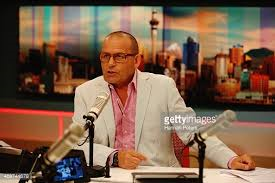


Posted April 9, 2015
To make the most of an appearance on the new Paul Henry Show, you need to be aware your audience will be split between radio listeners and television watchers.
 This means you will need to approach your appearance with both audiences in mind. One of the most common traps people fall into during media interviews is that they forget who their audience is. It’s never the person asking the questions. It’s the people watching on the couch at home or listening to their radio.
This means you will need to approach your appearance with both audiences in mind. One of the most common traps people fall into during media interviews is that they forget who their audience is. It’s never the person asking the questions. It’s the people watching on the couch at home or listening to their radio.
So how should this affect the way you approach interviews on a show where it has both a television and radio audience? While there are a number of things to bear in mind including the message you want to deliver, Body Language is the most important.
There is research out there to show that people take far more notice of your body language when on TV than the words you are communicating. So you need to show passion by moving your body. Gesturing with your hand is vital, while moving your body as you would in any other conversation is important.
Sometimes in my media training sessions, people say they don’t naturally gesture. But when the camera is turned off, they gesture like no tomorrow. It’s the nerves that stop it, plus some terrible advice many have received that it stops people taking in the message. The complete opposite is true.
What about radio? Remember that most of Paul Henry’s audience are listeners. This is where many media training clients are surprised. You have to gesture with your hands and move your body just as much for a radio audience because this influences your voice tone, and it's your voice listeners rate you on, far more than what you say.
Why not test this? Stand there with your arms stiff and not moving. I bet you sound monotone and boring. Now start to gesture and move your head and body naturally. You will now be sounding more interesting, passionate and energetic.
So in a nutshell, if you appear on the Paul Henry show, work on your body language to satisfy both audiences.
For more on my media training workshops, contact [email protected] or 029 200 8555.